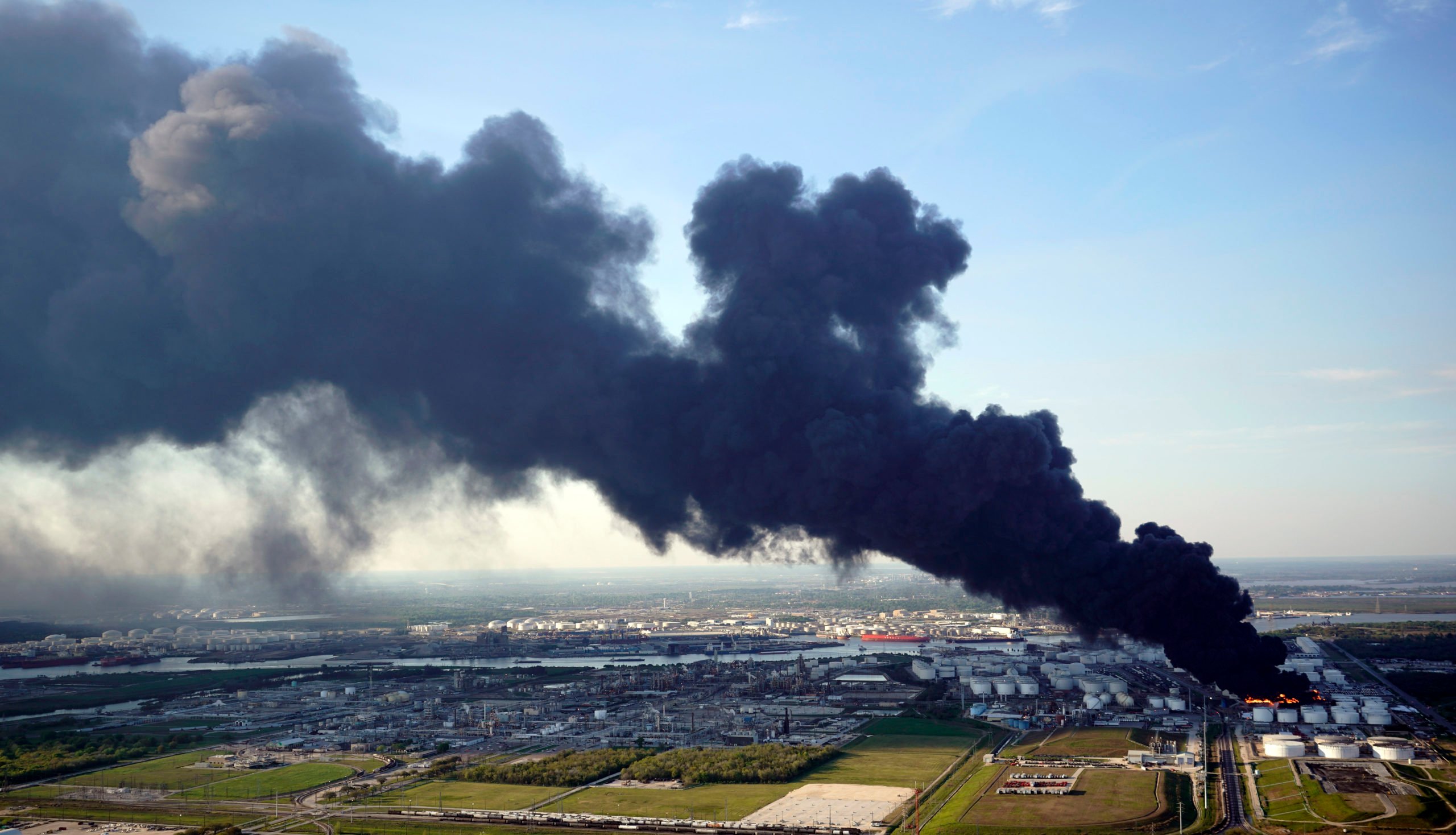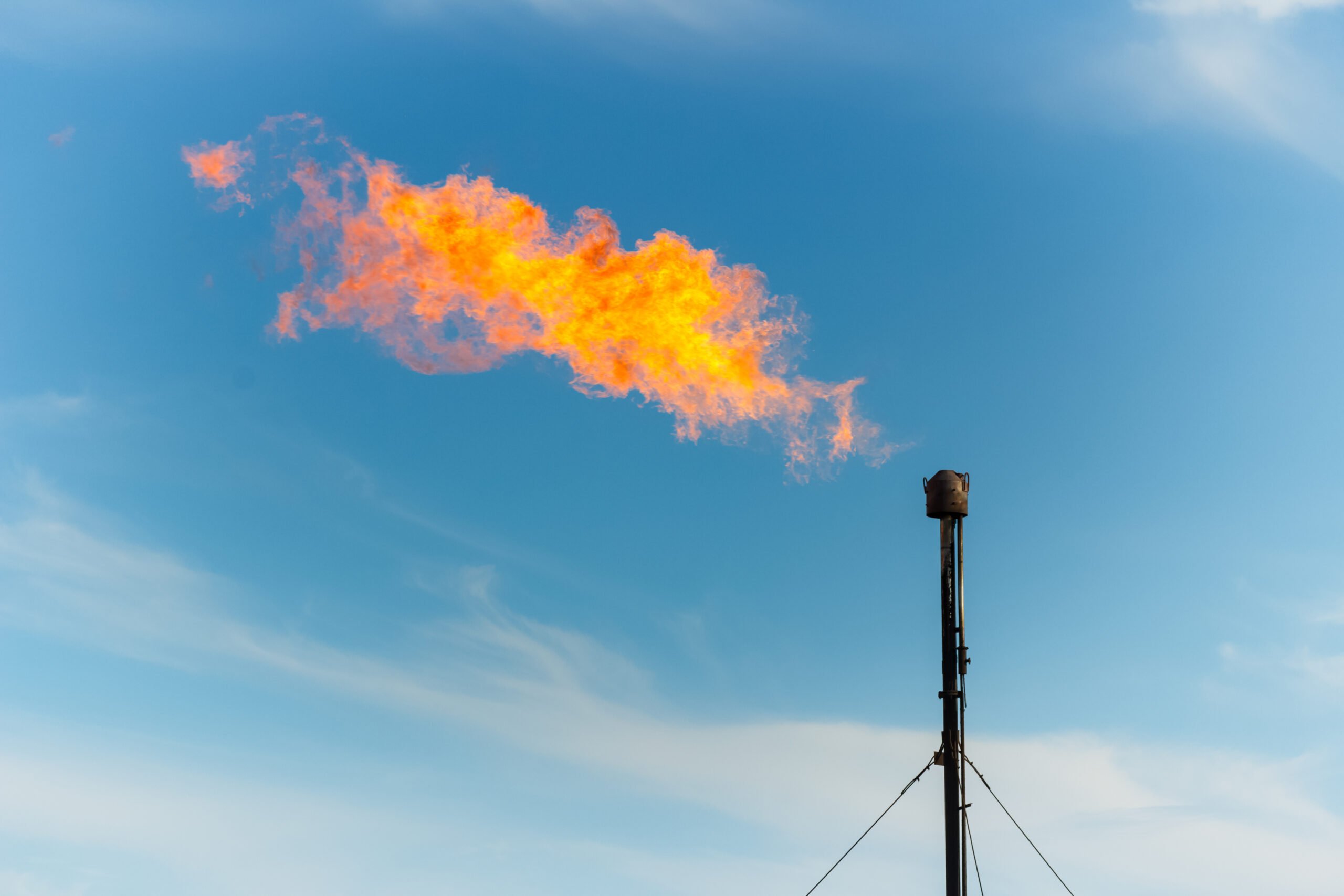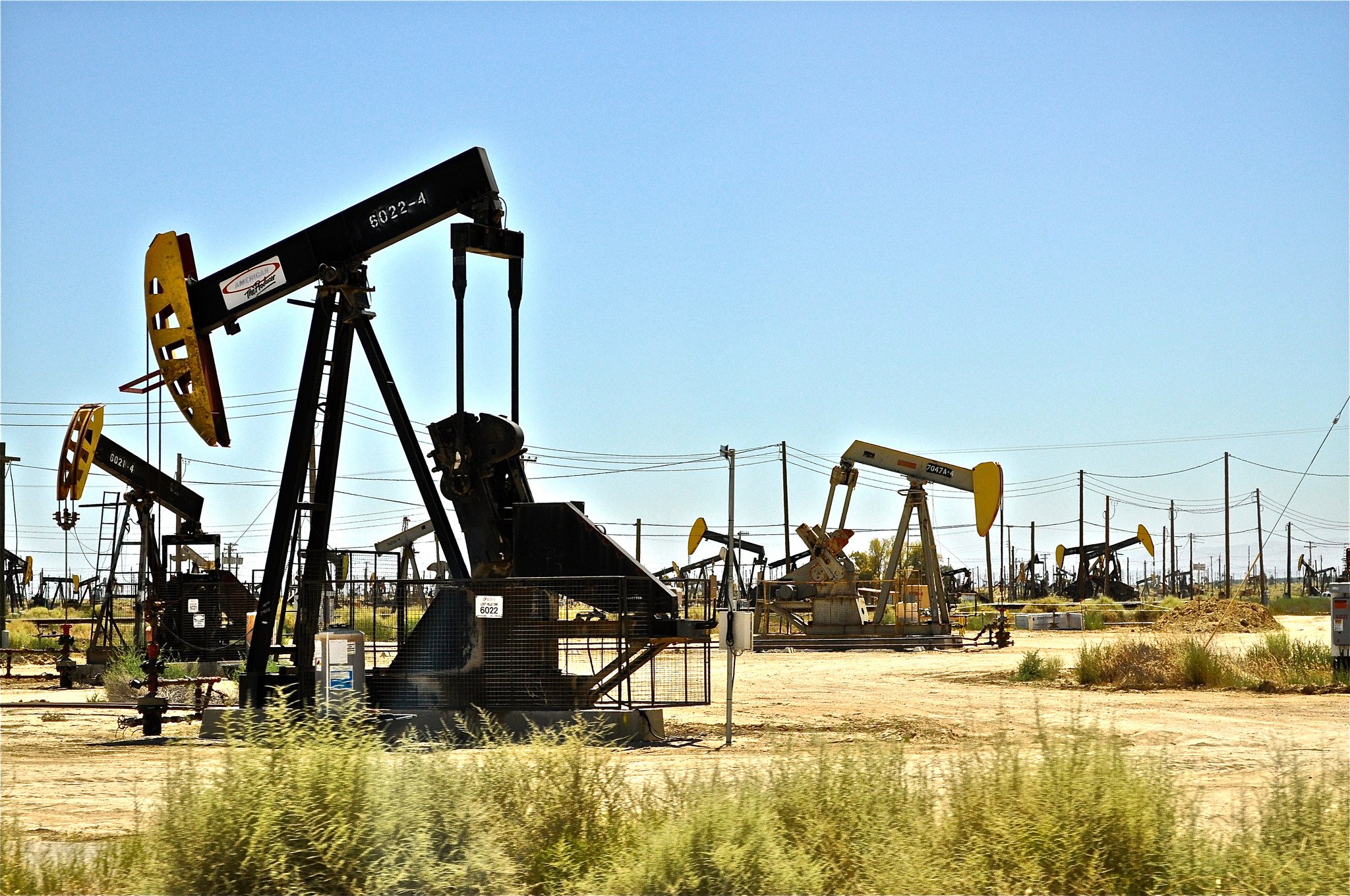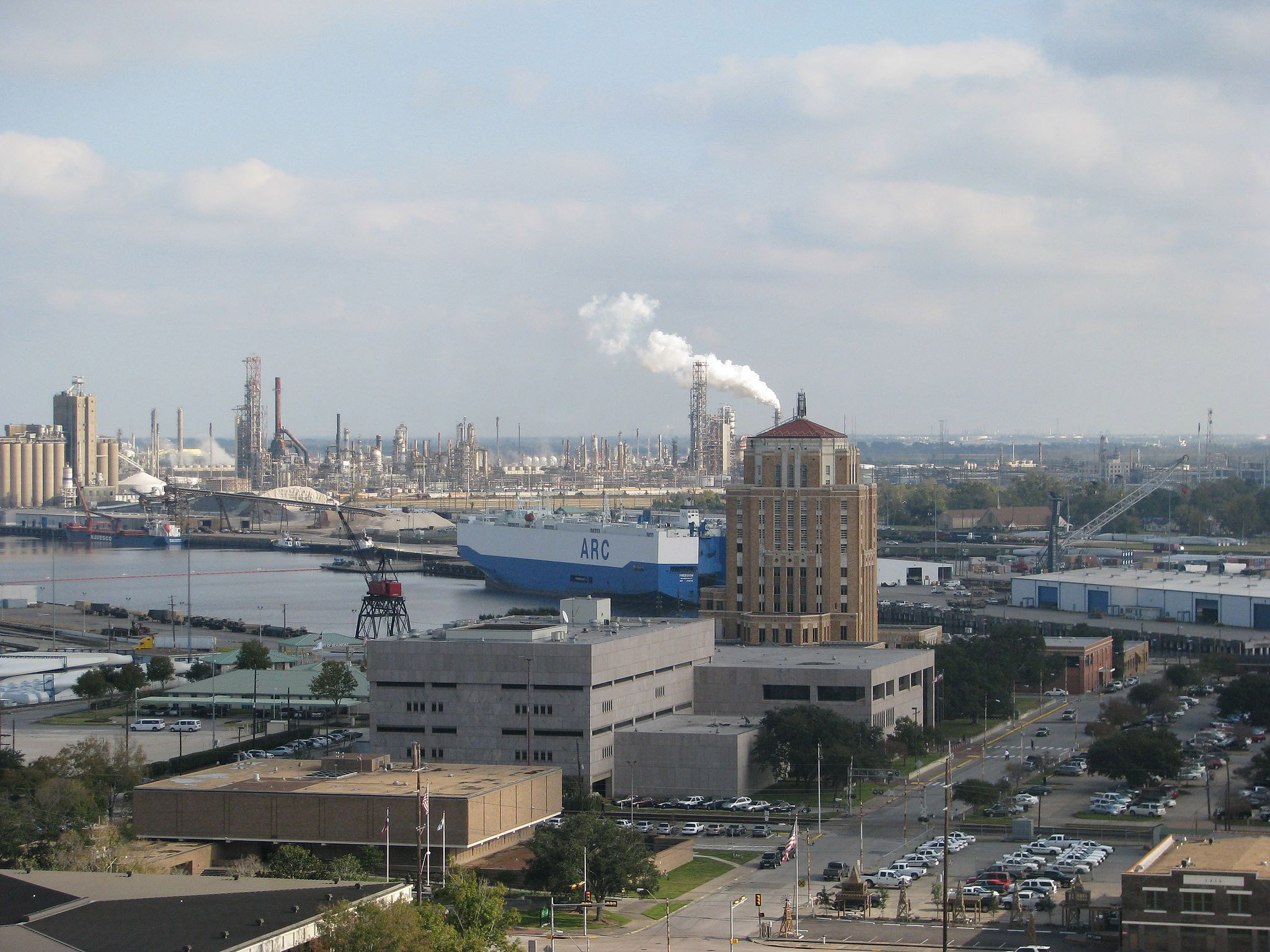
Who’s Going to Take Responsibility for Air Pollution in Texas?
Legal experts say that environmental laws must be more strongly enforced by the government to protect the health and safety of Texans.
The chemical disaster at the Intercontinental Terminals Company in March 2019 was the beginning of the end of AJ Cole’s time in Houston. After thousands of gallons of a liquid used to make gasoline leaked out of a tank and caught fire in Deer Park, just about 15 miles from the skyscrapers of oil and gas companies downtown, a plume of dirty particulate matter and other cancer-causing toxic chemicals like benzene drifted through the air for days.
As some nearby communities were ordered to shelter in place and jam blankets against doors and windows, Cole’s asthma became “uncontrollable.” She had to rush to her doctor for treatment, she says, though what was new? She’d already spent thousands of dollars managing her disease in a city whose air has never met federal health-based standards for another kind of air pollution, ground-level ozone.
Ground-level ozone can be especially tough on the lungs of people with asthma like Cole, who’s 30. She and her husband, both white, were living in Uptown, near the Galleria, close enough to be able to hear the nearly constant congestion on Loop 610. Then, they moved downtown to a high-rise within earshot of Interstates 45 and 10. They had been trying to start a family, but experienced miscarriages, which have been linked to exposure to air pollution. Cole worried: Was it the air?
When she again became pregnant in 2019, she worried all over again that she wouldn’t be able to deliver enough oxygen to her twin fetuses. Fearing developmental issues, she and her husband decided at the start of her second trimester to move away from Houston, to the outskirts of Dallas, even with several months still to go on their lease. “We had to get out,” she says.
The same summer Cole gave birth and brought two healthy boys into their new home in Dallas, Houstonians faced a week solid of ozone action days when the best advice for everyone, especially children, is just to stay home inside. All year, every year, nearly half of Houston’s schools are exposed to too much air pollution. The year the Coles were trying to conceive, private companies released air pollution illegally—that is, beyond the amount they are already permitted by the state to release—somewhere in Texas every single day, according to a report by the nonprofit group Environment Texas.
And this illegal air pollution, researchers at Indiana University estimated, causes at least 42 deaths and more than $240 million in economic damages in Texas every single year. Who’s responsible? “People are being harmed, seriously harmed” by air pollution, says Kelly Haragan, who teaches law at the University of Texas at Austin’s environmental clinic. “But there isn’t much of a remedy for most people.”
Even the unprecedented case of Ella Kissi-Debrah, the first person in the world whose death certificate lists air pollution as a cause, reveals to Haragan a “basic problem with our legal system.” Ella was a 9-year-old girl who died in 2013 in London after a severe asthma attack caused a seizure. Living near a notoriously polluted road, she’d been hospitalized nearly 30 times. It took seven years after her death for a government inquiry to conclude in late 2020 that she wouldn’t have died if she hadn’t been exposed to air pollution. But Haragan says that Ella’s mother, Rosamund, would have a very hard time winning a case and collecting damages. That’s because statutes of limitations can expire years before symptoms appear. Cancer can take decades.
And the burden of proof also falls entirely on a mother like Rosamund to show causation between her particular harm and someone else’s particular pollution. That science is improving, she says, but it’s not there right now.
Besides, whom do you sue? “The person who lives surrounded by pollution has it even harder,” Haragan says, “because whomever you sue is going to point to everybody else and say, ‘It’s not me, it’s them.’”
The better response, argue both Haragan and Victor Flatt, who teaches at the University of Houston Law Center, isn’t tort action after something terrible happens, but government agencies taking much stronger regulatory action to prevent the terrible things from happening to begin with. “If the Clean Air Act worked the way it was supposed to work, no one would be harmed by air pollution,” Flatt says. “The whole point was stopping people from being harmed, so we wouldn’t have to figure out how to compensate them if they were. The problem is we haven’t done that.”
But he says, “None of these are satisfactory answers for people who are exposed to all this stuff.”
Texas state representative Erin Zwiener, a Democrat from Hays County, says that Texas parents—the ones worrying about pregnancy complications and asthma and coming together to install air monitors in their communities—should be empowered to demand more from their government. She has filed a bill, House Bill 1820, that could help TCEQ hold corporate polluters accountable. After ITC and five other major chemical disasters in the Houston region, Zwiener says, “there’s more interest in making sure there’s effective enforcement.”
The bill would give TCEQ “bigger teeth,” she says, to issue larger mandatory fines against corporate polluters and revoke their permits if one of their disasters leads to a serious injury or a death. That’s a start. Going back nearly a decade to 2011, TCEQ has issued fines for illegal releases of pollution only about 3 percent of the times corporations allow them to happen. When the agency does, the fines tend to be so low—about a penny per pound of the kind of air pollution that is linked to cancer, heart disease and early death—it’s cheaper for polluters to pay them than change how they operate. Zwiener’s bill would increase that to $1 per pound. “We need a stronger regulatory situation where industry is being proactive and trying to avoid fines,” she says.
But Zwiener is just one lawmaker, and this is just one kind of air pollution—the everyday transportation-related emissions that killed Ella aren’t addressed in the bill, and these are the emissions in Houston that contribute the most to the climate crisis. Flatt, the law professor at UH, suggests that the Clean Air Act is an ideal that requires continual corrective action, because the air isn’t clean, and Texans are suffering from government agencies’ inability or unwillingness to protect them.
A lack of regulation can kill. As the electricity grid failed last week and Governor Greg Abbott suspended the state’s enforcement of environmental laws, industrial facilities throughout the state released an estimated 3.5 million pounds of extra air pollution. More than 80 Texans have died from the storm—one boy froze alone in his bed. The very air Ella breathed killed her. Who’s going to take responsibility?
Read more from the Observer:
-
ERCOT Increased Revenue and Executive Pay In Years Before Texas Power Outages: Top ERCOT officials collected six-figure salaries while failing to prepare for extreme weather events that they were warned about.
-
The ‘Culture of Violence’ Inside Austin’s Police Academy: Recent audits of the city’s cadet training spotlight a warrior-cop culture that pervades policing, even in a so-called progressive city.
-
How the Winter Storm Exacerbated Problems in Texas Lock-Ups: After the near-total collapse of the state’s electric grid, many jails and prisons lacked heat and running water.


